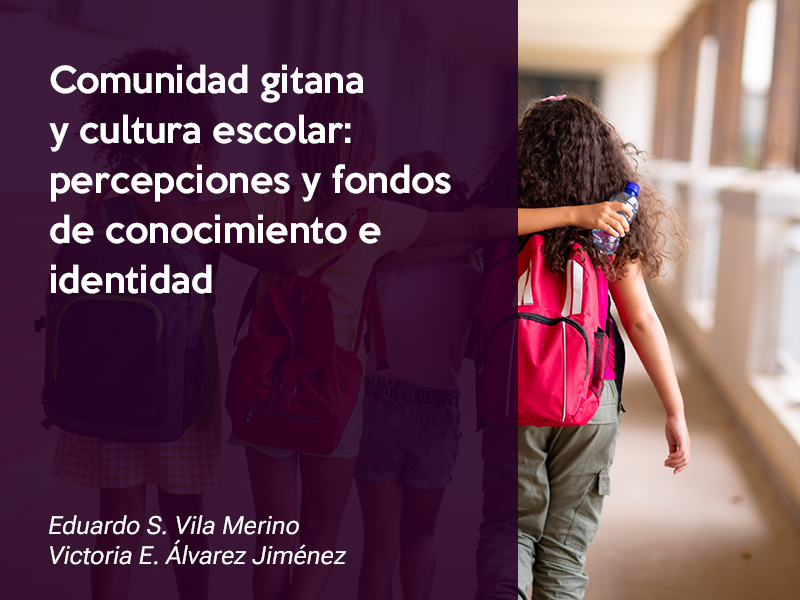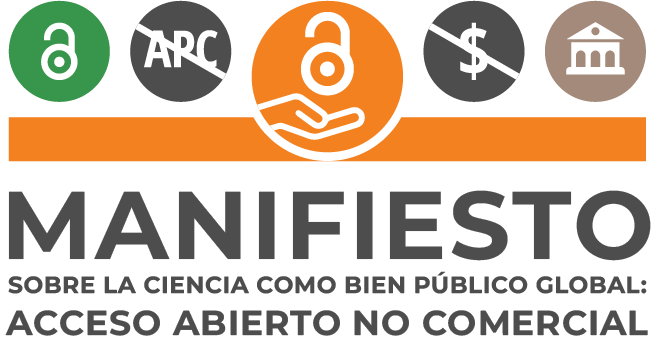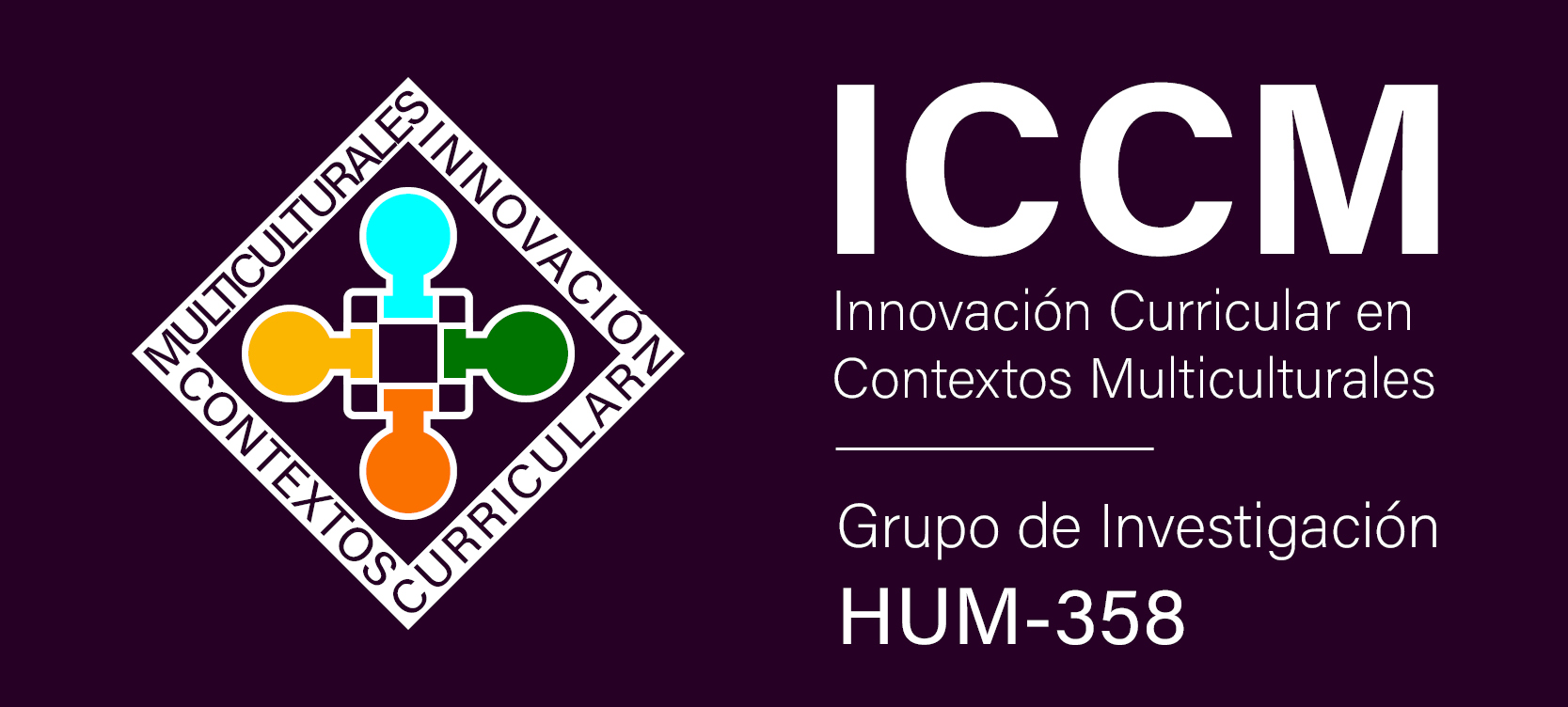COMUNIDAD GITANA Y CULTURA ESCOLAR: PERCEPCIONES Y FONDOS DE CONOCIMIENTO E IDENTIDAD
DOI:
https://doi.org/10.30827/modulema.v8i.31515Palabras clave:
comunidad gitana, educación intercultural, escuela, identidad, fondos de conocimientoResumen
El presente artículo pretende bucear en las relaciones entre la cultura gitana y la escolar en el marco de una investigación cuyo foco se ha centrado en el estudio sobre las percepciones del pueblo gitano en torno a la educación escolar. En este sentido, pretende recopilar y analizar información sensible que muestre cómo perciben sus miembros la cultura escolar partiendo de sus propias voces y evidenciando sus fondos de conocimiento e identidad para poder analizar cómo ve esa comunidad la educación, la escuela y la convivencia en su seno. Para ello, se ha realizado una investigación de corte cualitativo y enfoque biográfico-narrativo en un barrio de Málaga, a partir de 20 entrevistas en profundidad semiestructuradas (10 personas adultas y 10 jóvenes) y 3 grupos de discusión con 4 personas cada uno. A partir de ahí, se analizan, de forma narrativa, esas percepciones y fondos de conocimiento e identidad emergentes, permitiendo obtener conocimientos de las distintas realidades que confluyen en los centros educativos desde las experiencias y voces de las personas participantes. Finalmente, se discuten los resultados y se elaboran conclusiones propositivas, destacando aquellas que ponen en valor los aspectos culturales e identitarios positivos y no discriminatorios y que sirven para mejorar las expectativas y comprensiones mutuas desde una perspectiva intercultural.
Descargas
Citas
Abajo, J.E. (2014). El estado de la cuestión en el estudio de la situación escolar del alumnado gitano. Revista Asociación de Enseñantes Gitanos, 31, 42-55.
Amaro, A., Martínez, N, González, G. y Córdoba, J. (2023). La voz del colectivo gitano frente a la vulnerabilidad provocada por la Covid-19. Análisis multidimensional. Revista Fuentes, 25(3), 367-377. https://doi.org/10.12795/revistafuentes.2023.21228 DOI: https://doi.org/10.12795/revistafuentes.2023.21228
Besalú, X. (2002). Diversidad cultural y educación. Síntesis.
Cárdenas, R., Terrón, T. y Monreal, M.C. (2019). Educación primaria y alumnas gitanas. Análisis de las barreras sociales en contextos de exclusión. Revista de Investigación Educativa, 37(1), 75-91. https://doi.org/10.6018/rie.37.1.326221 DOI: https://doi.org/10.6018/rie.37.1.326221
Carmona, J., García, M., Márquez, M.ª L. y Rodrigo, M.ª J. (2019). El Impacto de las Relaciones entre la Familia y la Escuela en la Inclusión Educativa de Alumnos de Etnia Gitana. Una Revisión Sistemática. Multidisciplinary Journal of Educational Research, 9(3), 319-348. https://hipatiapress.com/hpjournals/index.php/remie/article/view/4666 DOI: https://doi.org/10.17583/remie.2019.4666
Crespo, I., Lalueza, J.L., Sánchez, S. y Padrós, M. (2013). Multiplicidad de voces e identidad étnica en los procesos de cambio en la cultura gitana. Athenea Digital. Revista de Pensamiento e Investigación Social, 13(3), pp. 159-177. DOI: https://doi.org/10.5565/rev/athenead/v13n3.1134
Denzin, N. & Lincoln, Y. (2011). The SAGE Handbook of Qualitative Research. Sage.
Díaz, C. y Pinto, M.L. (2017). Vulnerabilidad educativa: un estudio desde el paradigma sociocrítico. Praxis Educativa, 21(1), 46-64. https://doi.org/10.19137/praxiseducativa-2017-210105 DOI: https://doi.org/10.19137/praxiseducativa-2017-210105
Esteban, M. y Saubich, X. (2013). La práctica educativa desde la perspectiva de los fondos de conocimiento e identidad. Teoría de la Educación. Revista Interuniversitaria, 25(2), pp.189-211. DOI: https://doi.org/10.14201/11583
Flecha, R. y Soler, M. (2013). Turning difficulties into possibilities: engaging Roma families and students in school through dialogic learning. Cambridge Journal of Education, 43(4), 451-465. https://doi.org/10.1080/0305764X.2013.819068 DOI: https://doi.org/10.1080/0305764X.2013.819068
Fundación Secretariado Gitano (2023). La situación educativa del alumnado gitano. Fundación Secretariado Gitano.
Giménez, A., Comas, D. y Carballo, A. (2019). Origen e identidad del pueblo gitano. International Journal of Roma Studies, 1(2), 159-184. https://doi.org/10.17583/ijrs.2019.4561 DOI: https://doi.org/10.17583/ijrs.2019.4561
González, J. y Esteban, M. (2021). Fondos de conocimiento para la justicia social. Alianzas familia-escuela para la transformación educativa. Revista Internacional de Educación para la Justicia Social, 10(1), pp.5-12. https://doi.org/10.15366/riejs2021.10.1 DOI: https://doi.org/10.15366/riejs2021.10.1
González, N., Moll, L., & Amanti, C. (Eds.). (2005). Funds of knowledge. Theorizing practices in households, communities, and classrooms. Taylor & Francis Group.
Gutiérrez Sánchez, M., Bahadi Bouchnafa, S.y Pedreño Plana, M. (2023). La situación del alumnado gitano. Percepciones del profesorado. Revista Internacional de Educación para la Justicia Social, 12(2), pp. 155-169. https://doi.org/10.15366/riejs2023.12.2.009 DOI: https://doi.org/10.15366/riejs2023.12.2.009
Lizárraga Iglesias, J. (2021). Ser gitanx en el sistema educativo español: influencia de la negación de la historia gitana en la autoestima y la estima racial de los kalé españoles. Etnografías Contemporáneas, 7(12), 212-230. https://revistasacademicas.unsam.edu.ar/index.php/etnocontemp/article/view/934
Llevot, N. y Bernad, D. (2016). La mediación gitana: herramienta performativa de las relaciones entre familia y escuela. Revista Electrónica Interuniversitaria de Formación del Profesorado, 19(1), 99-110. https://revistas.um.es/reifop/article/view/245581
Lorenzo, M., Míguez, G., y Cernadas, F. (2020). ¿Pueden contribuir los fondos de conocimiento a la participación de las familias gitanas en la escuela? Bases para un proyecto educativo. Teoría De La Educación. Revista Interuniversitaria, 32(1), 191–211. https://doi.org/10.14201/teri.21299 DOI: https://doi.org/10.14201/teri.21299
Márquez, M. J. y Padua, D. (2016). Comunidad gitana y educación pública. La necesidad de construir un proyecto social y educativo compartido. Revista Interuniversitaria de Formación del Profesorado, 85, 91-101. https://www.redalyc.org/journal/274/27446519009/html/
Moreira, T., Rosário, P., Azevedo, R., Núñez, C. & Fuentes, S. (2022). Living on a double-.edged sword: intergenerational perspectives of women from Gypsy groups about the influence of education on cultural identity. International Journal of Educational Research, 111, 1-12. https://doi.org/10.1016/j.ijer.2021.101915 DOI: https://doi.org/10.1016/j.ijer.2021.101915
Moreno, R. y Vila, E. S. (2022). Identidad narrativa en la relación educativa: promesa, solicitud y don. Teoría De La Educación. Revista Interuniversitaria, 34(1), 125–138. https://doi.org/10.14201/teri.26397 DOI: https://doi.org/10.14201/teri.26397
Munté, A., Alegre, R. M. y de Vicente, I. (2015). Voces gitanas en la investigación científica. Scientific Journal on Intercultural Studies, 1(1), 72-92. DOI: https://doi.org/10.17583/recei.2015.1175
Ogbu, J. & Simons, H. (1998). Voluntary and involuntary minorities: a cultural-ecológical theory of school performances with some implications for education. Anthropology and Education Quartly, 29(2), 13-35. https://doi.org/10.1525/aeq.1998.29.2.155 DOI: https://doi.org/10.1525/aeq.1998.29.2.155
Parra, I., Álvarez, A. y Gamella, J. F. (2017). Un conflicto silenciado: procesos de segregación, retraso curricular y abandono escolar de los adolescentes gitanos. Revista Paz y Conflictos, 10(1), 35-60. https://revistaseug.ugr.es/index.php/revpaz/article/view/5965/5592
Pérez-Herrero, M., Ántúnez-Sánchez, A. y Burguera-Condon, J.L. (2017). Factores que inciden en el abandono escolar del alumnado gitano: perspectiva de profesionales clave. Revista de Psicología y Educación, 12(1), pp. 55-76.
Sánchez-Muros, P. (2015). Minoría gitana y prejuicio étnico en la preadolescencia. Procesos de exclusión e inclusión en el ámbito escolar. Revista de la Asociación de Sociología de la Educación, 8(3), pp.396-408. https://turia.uv.es/index.php/RASE/article/view/8392/7985
Santos Rego, M.A., Lorenzo Moledo, M.M. y Míguez Salina, G. (2021). Repensando las prácticas culturales de la infancia gitana a través de la exploración de sus fondos de conocimiento e identidad. Revista Internacional de Educación para la Justicia Social, 10(1), 69-82. https://doi.org/10.15366/riejs2021.10.1.005 DOI: https://doi.org/10.15366/riejs2021.10.1.005
Szalai, J. & Schiff, C. (eds.) (2014). Migrant, Roma and post-colonial youth in education across Europe. Palgrave Macmillan. DOI: https://doi.org/10.1057/9781137308634

Descargas
Publicado
Cómo citar
Número
Sección
Licencia
Derechos de autor 2024 MODULEMA. Revista científica sobre Diversidad Cultural

Esta obra está bajo una licencia internacional Creative Commons Atribución-NoComercial-CompartirIgual 4.0.




















